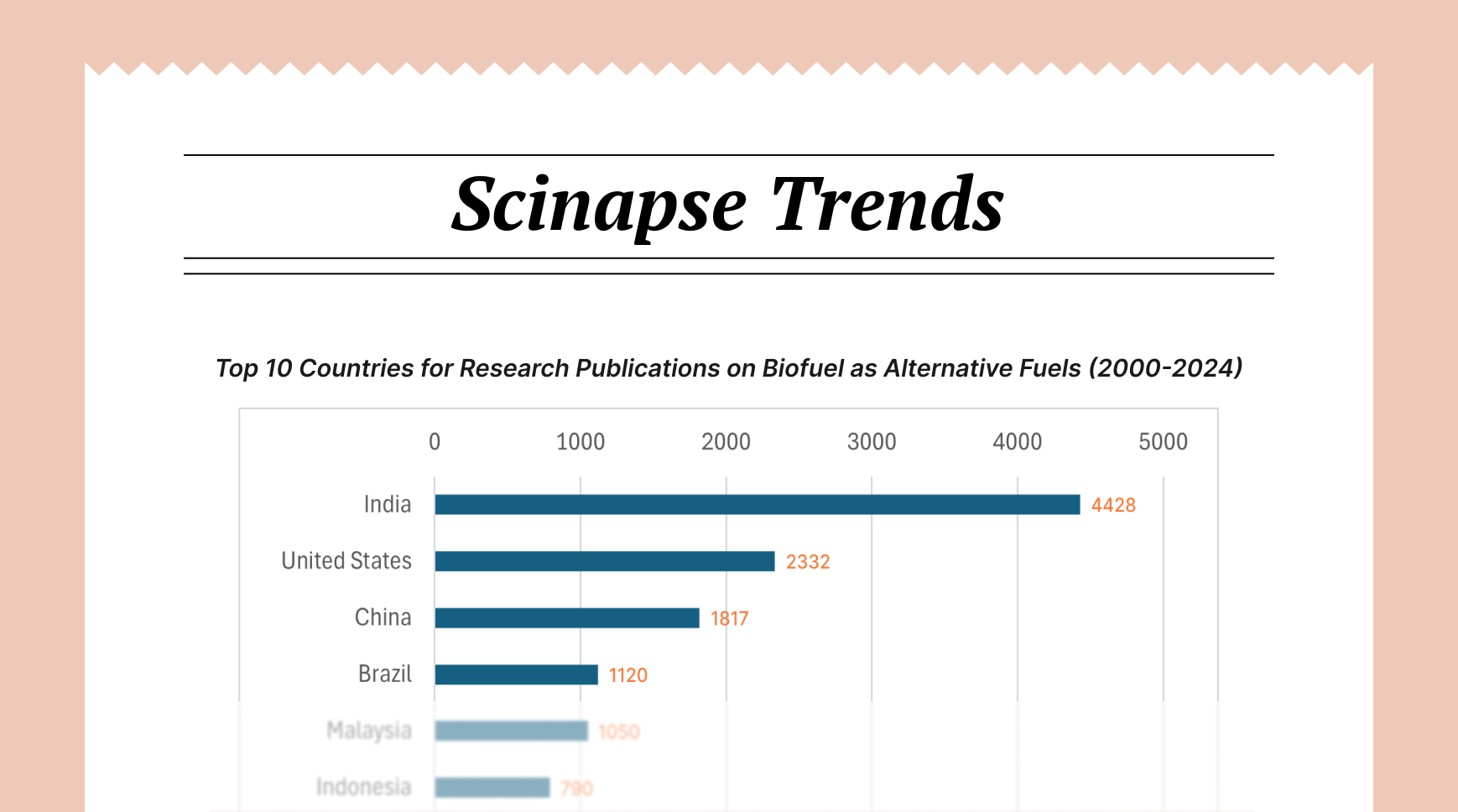Rapid Literature Review Methodologies for Time-Sensitive Research Questions

In today's fast-paced research environment, the traditional literature review—often taking months to complete—may not always align with pressing decision-making timelines. Policy emergencies, public health crises, rapid technological developments, and competitive research landscapes frequently demand evidence synthesis on accelerated schedules. Rapid literature review methodologies have emerged as structured approaches to gathering, analyzing, and synthesizing evidence efficiently without completely sacrificing rigor. This article explores key rapid review methodologies, their appropriate applications, inherent limitations, and strategies for maximizing their utility when addressing time-sensitive research questions.

Understanding Rapid Review Methodologies
Defining Rapid Reviews
Rapid reviews are systematic approaches to evidence synthesis that streamline or omit specific steps of conventional systematic review methods to produce information in a shorter timeframe.
Compared to traditional literature reviews, which may take 12-24 months to complete, rapid reviews typically deliver results within 1-6 months, depending on the methodology employed and resources available. This acceleration requires methodological trade-offs that should be explicitly acknowledged and shaped by the specific context and purpose of the review.
Literature Search Optimization with Scinapse
Scinapse offers several advantages for rapid search strategies:
- Filter optimization: Advanced filters for publication year, journal impact factor, and citation count help researchers quickly identify influential literature
- Author and institution search: Finding work from leading researchers or institutions in the field
- Citation filtering: Locating the most highly cited works to focus on influential literature
- Related paper identification: Using the "Related Papers" feature to expand searches beyond keyword limitations
- Journal-specific searching: Targeting high-impact journals in the field to prioritize quality sources
For rapid reviews, these capabilities help researchers quickly identify a core set of relevant papers from which to build their evidence base.
The Rapid Literature Review
Rapid reviews exist on a methodological spectrum rather than representing a single approach:
- Rapid systematic reviews: Maintain most systematic review elements, but with a narrower scope and simplified processes
- Rapid evidence assessments: Focus on what is already known about a topic using systematic methods, but with limitations in search breadth or depth
- Evidence maps: Visually represent the distribution and characteristics of evidence without detailed synthesis
- Scoping reviews: Rapidly map key concepts and research types without detailed quality assessment or synthesis
- Realist rapid reviews: Focus on understanding contextual factors that influence how interventions work in accelerated timeframes
The appropriate methodology depends on the research question, available resources, and decision-making context.
Key Methodological Adaptations for Rapid Reviews
1- Search Strategy Modifications
Search strategies represent a primary area where rapid reviews diverge from traditional approaches:
- Limited database searching: Focusing on 2-3 major databases rather than exhaustive source exploration
- Date restrictions: Limiting searches to recent publications (e.g., past 5-10 years)
- Language restrictions: Including only English-language publications
- Targeted grey literature searching: Consulting select high-yield sources rather than comprehensive grey literature searches
- Search term simplification: Using more specific search strings with fewer synonyms or related concepts
2- Streamlined Study Selection
Study selection procedures can be accelerated through:
- Single-reviewer screening: Having one rather than two independent reviewers screen titles/abstracts
- Expedited full-text review: Using targeted full-text examination of clearly relevant sources
- Prioritizing study designs: Focusing on the highest-quality evidence types (e.g., systematic reviews, RCTs) when appropriate to the question
- Sample-based approaches: Reviewing a sample of relevant literature when the volume is overwhelming
- Progressive inclusion: Beginning with systematic reviews and only examining primary studies in areas where synthesis is lacking
These adaptations reduce person-hours while attempting to maintain representativeness of the evidence base.
3- Focused Data Extraction
Data extraction can be streamlined through:
- Targeted variable extraction: Focusing on key outcomes and characteristics rather than comprehensive extraction
- Standardized forms: Using simplified, structured templates to accelerate the process
- Single-reviewer extraction: Having one reviewer extract data with verification of a sample by a second reviewer
- Progressive extraction: Extracting data in stages, beginning with critical elements and adding detail as time permits
The extraction process should prioritize variables most essential to the research question and decision-making needs.
4- Logical Quality Assessment
Quality assessment approaches include:
- Abbreviated tools: Using simplified versions of quality assessment instruments
- Domain-based approaches: Focusing on key methodological domains rather than comprehensive quality evaluation
- Study design filters: Using study design as a proxy for quality when time is severely limited
- Threshold approaches: Establishing minimum quality requirements rather than detailed quality gradations
While streamlined, quality assessment remains essential for contextualizing findings and their reliability.
5- Synthesis Adaptations
Evidence synthesis in rapid reviews often employs:
- Narrative synthesis: Using descriptive approaches rather than meta-analysis
- Evidence tables: Creating structured summaries that highlight key findings
- Vote counting: Tallying directional findings across studies when a more sophisticated synthesis isn't feasible
- Harvest plots: Visually representing evidence patterns when formal meta-analysis isn't possible
- Structured summaries: Providing standardized abstracts of key studies
These approaches prioritize practical interpretation over methodological sophistication while maintaining transparency.
Author: Uttkarsha B
- AI-Ethicist and STM Research & Publishing Expert
Never re-search again.
Scinapse is made by researchers for researchers.
Join the next generation of research at ⏯️ https://scinapse.io/
Pluto Labs
Pluto Labs helps researchers focus on their research by improving several inefficiencies in the academic research process. We offer data-driven insights from academic papers, allowing users to easily obtain review-level results for their desired range of papers.
https://pluto.im/





Comments ()